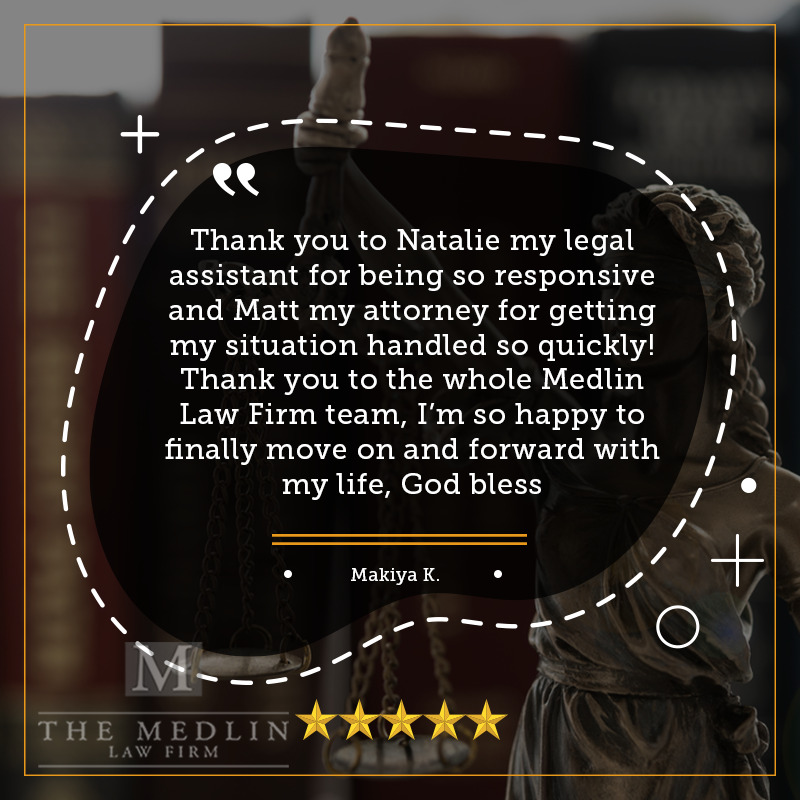Boating activities are typical in summer. Many will be out on the water fishing, waterskiing, and simply taking in the sunshine as the weather gets warmer. Sadly, some individuals connect these hobbies to drinking. Whether they don't care about the consequences of driving a boat while intoxicated or believe they won't face punishment for it, the effects extend far beyond the beam of their boat to the safety of others. In such cases, a skilled DWI attorney can help navigate the legal consequences and ensure that those charged are treated fairly under the law.
Boating DWI
If you decide to drink and drive your boat, expect that you may be stopped just like a DWI on land. Police officers may stop anyone they believe to be driving recklessly. Federal or local authorities patrol even bodies of water. If alcohol is suspected, officials may board the boat and conduct a field sobriety test or a breathalyzer test to determine their blood alcohol content (BAC).
You can be arrested if the result is above the legal limit, and legal action will then be taken. There is a possibility of suspension of your boating license and cancellation of your permit. Your arrest might affect your use of your boat for commercial purposes. A DWI on a boat may cause the suspension of your driver’s license. Some Boating DWIs may be classified as felonies since they occur in the water, which may or may not fall under federal jurisdiction.
Compared To Drunk Driving On Land
Alcohol use can impair balance, vision, coordination, and decision-making. While driving a car might be pretty difficult when this happens, being on the water can be even more difficult. There are no same safety measures as those on the roads compared to vehicles on the water. Roads are often designated with signs and lighting to notify drivers of road conditions, hazards, and speed limits.
On the other hand, boat operators must be alert to other boats, animals, or persons in the water and any changes in the direction of the waves or other water-related situations.
Heat, sun, noise, wind, glare, and the swaying of a boat are just a few of the many variables that can make it difficult for a driver to think while operating a boat effectively. These elements may contribute to boaters' fatigue. Alcohol and drugs might make it much more difficult for the driver to control the boat properly.
Avoiding Getting A Boating DWI
According to the U.S. Coast Guard, drinking alcohol is often riskier on the water than on land. Alcohol negatively impacts your physical and mental abilities, including judgment, coordination, reaction time, and depth perception. Boat operators are frequently untrained, and moving a boat significantly differs from moving a vehicle.
Add to that the sun and warm temperatures, which might change how your body responds to alcohol. The best thing to do is never to operate a boat while intoxicated.
Below are tips to avoid getting a Boating DWI. Primarily, although it is fun, avoid drinking when driving a boat. You can always bring a lot of snacks and non-alcoholic beverages. Even if you do it for years, drive cautiously on water and pay attention. There might be others on the water who have consumed alcohol.
Always review all safety precautions and use life jackets. To stay cool, dress appropriately in light-colored apparel. If you pull individuals on skis, inner tubes, or wakeboards, be sure you know the boating laws and confirm they are not intoxicated.
Boating DWI Attorney
Nobody wants to spoil their getaway with a lawsuit, especially a DWI that stays on your record permanently. When done correctly, boating is a good summertime hobby, but accidents can still occur, no matter how careful you are. If you are facing a DWI, contact The Medlin Law Firm from Dallas, TX, and explore the information you need to get your case moving today.
More Info

The Medlin Law Firm
2550 Pacific Ave #866
Dallas, TX 75226
(214) 888-4810